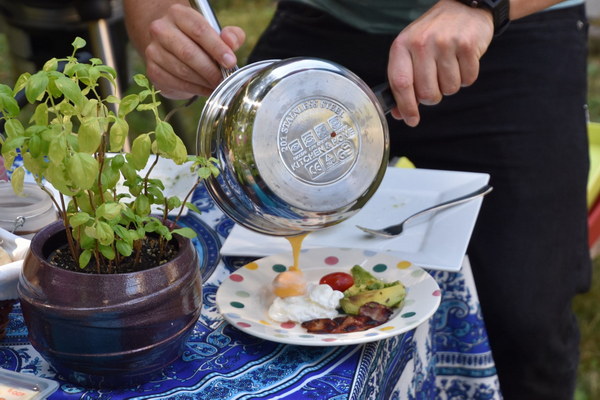Can Astragalus Root Be the Key to Anti-Aging A Deep Dive into its Anti-Aging Potential
In the quest for eternal youth, the search for natural remedies that can slow down the aging process has been relentless. One such natural supplement that has been making waves in the health and wellness community is Astragalus Root. But can Astragalus Root actually help in anti-aging? Let's delve into the science behind this ancient herb and explore its potential as an anti-aging agent.
Introduction to Astragalus Root
Astragalus Root, also known as Huang Qi in Chinese medicine, has been used for thousands of years in traditional Chinese medicine for its health benefits. It is believed to boost the immune system, improve cardiovascular health, and enhance overall well-being. But does it hold the secret to anti-aging?
The Science of Anti-Aging
Anti-aging is a complex process that involves the reduction of cellular damage, the maintenance of youthful cellular functions, and the protection against age-related diseases. Several mechanisms are involved in the aging process, including oxidative stress, inflammation, and telomere shortening.
Oxidative Stress and Antioxidants
Oxidative stress is a major contributor to the aging process. It occurs when the body produces free radicals, which are unstable molecules that can damage cells. Antioxidants are substances that help neutralize free radicals and protect against cellular damage. Astragalus Root is rich in antioxidants, such as flavonoids and saponins, which have been shown to scavenge free radicals and reduce oxidative stress.
Inflammation and Immune System Support
Chronic inflammation is another key factor in the aging process. It can lead to the destruction of healthy cells and tissues. Astragalus Root has been found to have anti-inflammatory properties, which may help reduce chronic inflammation and its associated health risks. Additionally, it supports the immune system, which plays a crucial role in defending against age-related diseases.
Telomere Length and Cellular Aging

Telomeres are the protective caps at the ends of chromosomes that shorten as cells divide. Shortened telomeres are associated with aging and age-related diseases. Some studies suggest that Astragalus Root may help maintain telomere length, potentially slowing down the aging process.
Clinical Studies and Human Evidence
While much of the research on Astragalus Root's anti-aging properties is preliminary, some studies have shown promising results. For example, a study published in the journal Phytomedicine found that Astragalus Root supplementation improved the antioxidant status and immune function in elderly individuals. Another study published in PLoS One suggested that Astragalus Root may have anti-aging effects by influencing the expression of genes related to aging and longevity.
Safety and Side Effects
Astragalus Root is generally considered safe for most people when taken in appropriate doses. However, it may interact with certain medications and can cause side effects such as gastrointestinal discomfort, dizziness, and headache. It is always advisable to consult with a healthcare professional before starting Astragalus Root supplementation.
Conclusion
While there is growing evidence to suggest that Astragalus Root may have anti-aging properties, it is important to approach the topic with a cautious optimism. Further research is needed to fully understand the extent of its benefits and to establish its efficacy as an anti-aging supplement. Nevertheless, incorporating Astragalus Root into a healthy lifestyle that includes a balanced diet, regular exercise, and adequate sleep may offer a natural way to support the aging process and promote overall health and longevity.









